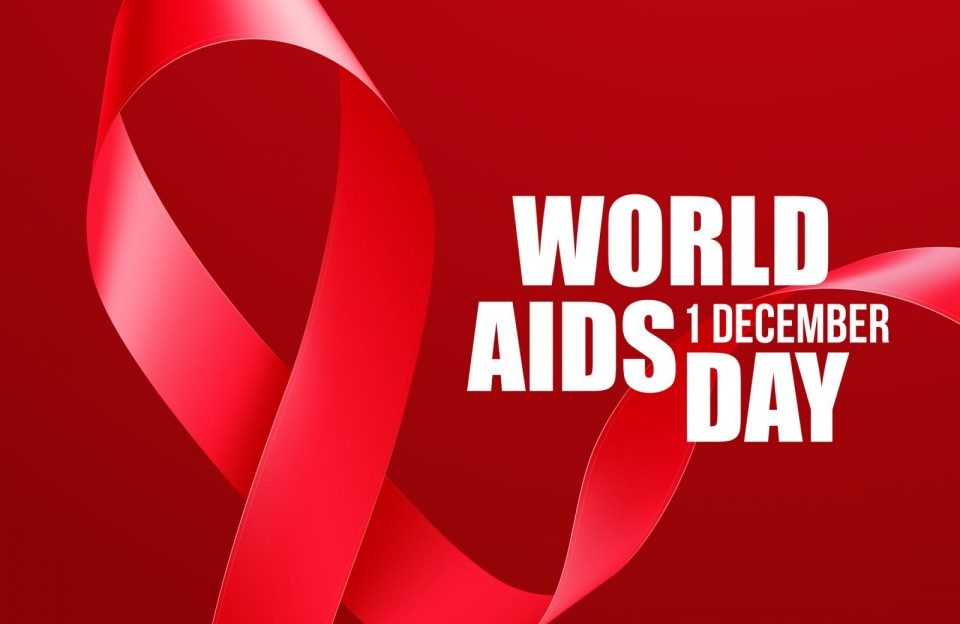


Stay tuned and follow the latest developments and news in Molecular Oncology.

COMMUNITIES MAKE THE DIFFERENCE
Each year, on 1 December, the world commemorates World AIDS Day. People around the world unite to show support for people living with HIV and to remember those who have died from AIDS-related illnesses.
Each World AIDS Day focuses on a specific theme, which this year will be Communities make the difference. This year’s theme joins a growing list of challenges that World AIDS Day has alerted people to globally.
Founded in 1988, World AIDS Day was the first ever international day for global health. Every year, United Nations agencies, governments and civil society join together to campaign around specific themes related to HIV.
The theme of this year’s World AIDS Day is “Communities make the difference”.
The commemoration of World AIDS Day, which takes place on 1 December 2019, is an important opportunity to recognize the essential role that communities have played and continue to play in the AIDS response at the international, national and local levels.
Communities contribute to the AIDS response in many different ways. Their leadership and advocacy ensure that the response remains relevant and grounded, keeping people at the centre and leaving no one behind. Communities include peer educators, networks of people living with or affected by HIV, such as gay men and other men who have sex with men, people who inject drugs and sex workers, women and young people, counsellors, community health workers, door-to-door service providers, civil society organizations and grass-roots activists.
World AIDS Day offers an important platform to highlight the role of communities at a time when reduced funding and a shrinking space for civ il society are putting the sustainability of services and advocacy efforts in jeopardy. Greater mobilization of communities is urgently required to address the barriers that stop communities delivering services, including restrictions on registration and an absence of social contracting modalities. The strong advocacy role played by communities is needed more than ever to ensure that AIDS remains on the political agenda, that human rights are respected and that decision-makers and implementers are held accountable.
source; unaids.org